Naples, University of Naples Federico II, June 30 - July 4, 2025
Ph.D. School on Neurodegeneration is the doctoral School on New Technologies for Community Medicine in Neurodegenerative Diseases. The program will address
methodological issues related to science and technology, with a focus on community medicine applications for neurodegenerative diseases.
The school is structured into thematic days, each dedicated to a specific aspect: cognitive impairments, mild motor disorders, and advanced motor disorders.
Each day will include a lecture providing a theoretical framework for the
respective topic, followed by additional lectures focusing on technology-driven
approaches for assessment, assistance, and rehabilitation within each domain.
Special attention will be given to the impact of emerging technologies,
emphasizing both the benefits of innovation in wearable systems and the challenges introduced by advancements in the field.
The program is designed for neurologists, psychologists, physiatrists, medical
physicists, biomedical engineers, medical technologists, and other healthcare
specialist.
The School will span one week and will feature hands-on sessions, keynotes,
laboratory exercises, along with lectures and discussions covering both medical
and engineering perspectives on the topic. These sessions will be led by renowned
national and international speakers. Peculiar emphasis is given to practical sessions
and team-building projects. A final test will allow education credits release.
Best research posters and final project presentations will be awarded officially.
Summer
PhD School on New Technologies of Community Care for Neurodegenerative Diseases
Naples, 30 June - 4 July
Join us in Naples for the PhD School on Neurodegeneration, where cutting-edge technologies meet community medicine to shape the future of neurodegenerative disease research. Engage with top experts, explore innovative approaches, and collaborate on real-world solutions in a dynamic, hands-on environment.
Organized by:
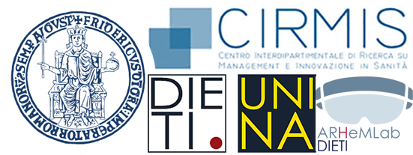
sponsorship
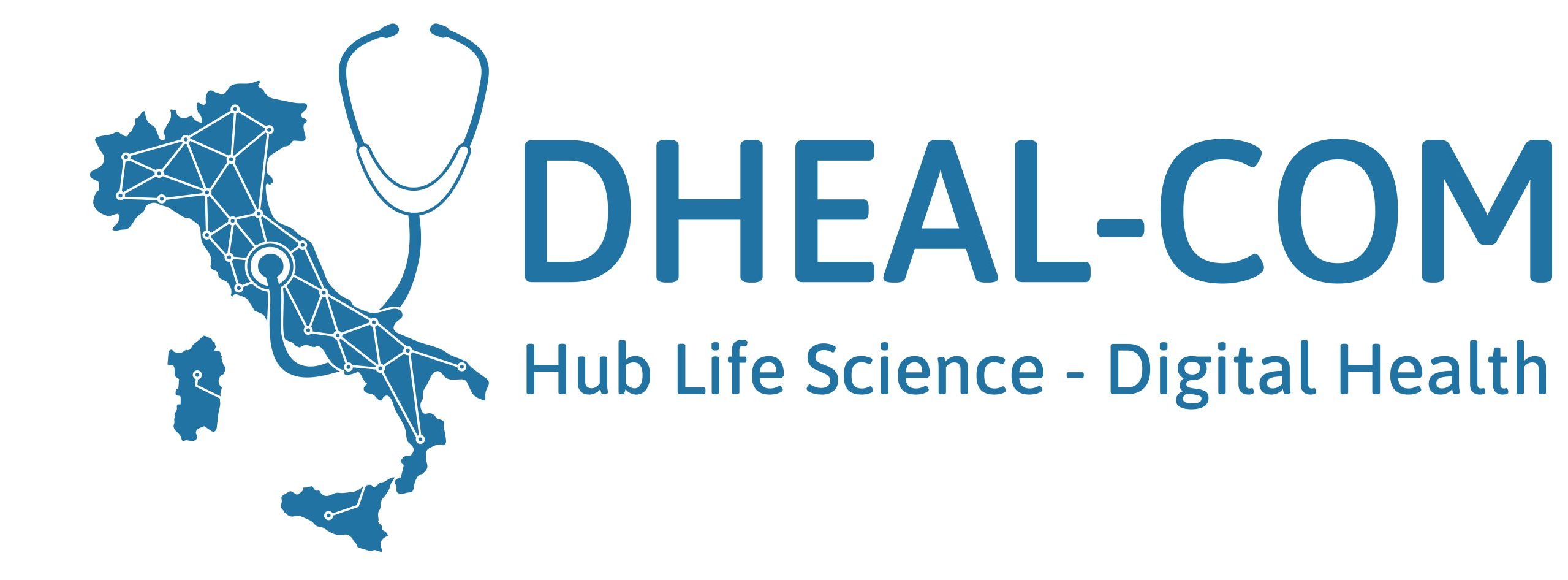
logo nuovo
With the patronage of:

sponsorship
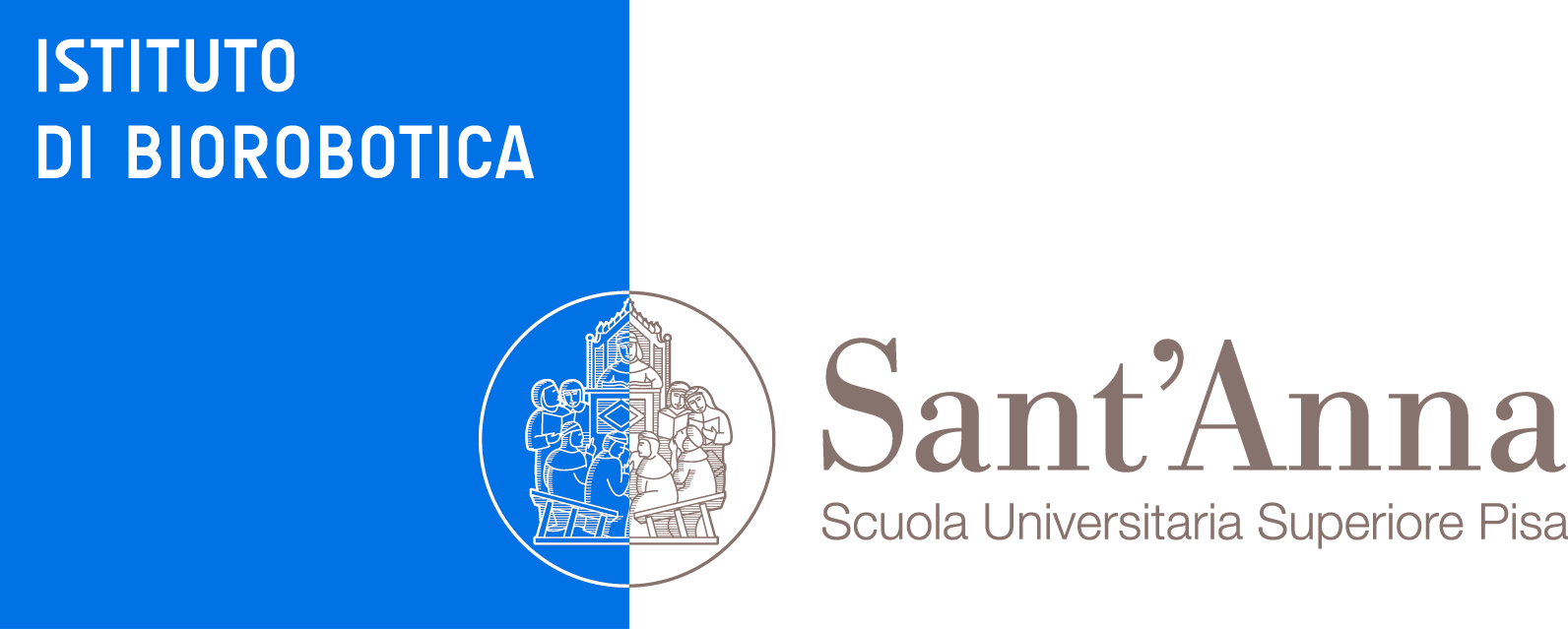
Ist. Biorobotica
About Us:
The Ph.D. School on Neurodegeneration is a doctoral school focused on new technologies for community medicine in neurodegenerative diseases. The program will address methodological issues related to science and technology, with a special focus on applications in community medicine for neurodegenerative disorders.
The school is structured into thematic days, each dedicated to a specific topic: cognitive impairments, mild motor disorders, and advanced motor disorders. Each day will include theoretical lectures, followed by presentations on technology-driven approaches for assessment, assistance, and rehabilitation. Special emphasis will be given to the impact of emerging technologies, highlighting both the benefits of wearable systems and the challenges introduced by technological advancements.
The program is designed for neurologists, psychologists, physiatrists, medical physicists, biomedical engineers, medical technologists, and other healthcare specialists interested in neurodegenerative diseases and technological innovation.
The one-week program will feature hands-on sessions, keynote speeches, laboratory exercises, and discussions, covering both medical and engineering perspectives. Sessions will be led by renowned national and international speakers, with a strong emphasis on practical applications and team-building projects.
A final test will allow for the release of educational credits, and the best research posters and final project presentations will be officially awarded.

logo def
Committee:
Honorary chairs:
Pasquale Arpaia (University of Naples Federico II, Italy) Lorena Rossi (IRCCS INRCA, Italy).
General chairs:
Maura Casadio (University of Genoa, Italy), Luigi Lavorgna (AOU Università Luigi Vanvitelli, NeuroDigit, Italy), Calogero M. Oddo (Sant’Anna School of Advanced Studies, Italy)
Scientific committee:
Azorin José M. (University Miguel Hernández of Elche, Spain), Bellazzi Riccardo (University of Pavia, Italy), Bevilaqua Roberta (IRCCS INRCA), Brescia Morra Vincenzo (University of Naples, Federico II), Canessa Andrea (University of Genoa), De Benedetto Egidio (University of Naples, Federico II), De Blasiis Paolo (University of Basilicata), Luigi De Simone (University of Naples, Federico II), Esposito Antonio (University of Naples, Federico II), Esposito Christian Carmine (University of Salerno), Fato Marco (University of Genoa), Lioi Giulia (Institut national de recherche en informatique et en automatique (INRIA), France), Maranesi Elvira (IRCCS INRCA),Michele Piana (University of Genoa), Moccaldi Nicola (University of Naples, Federico II), Scherer Reinhold (University of Essex, UK), Rossi Lorena (IRCCS INRCA), Sgorbissa Antonio (University of Genoa), Strange Bryan (Universidad Politécnica de Madrid, Spain), Triassi Maria (University of Naples, Federico II), Yuntao Yu (China National Information Technology Standardization Committee Secretariat).
Organizing committe:
Osvaldo Danisi (University of Naples, Federico II) , Umberto Cesaro (University of Naples, Federico II), Rachele Robbio (University of Naples, Federico II), Ludovica Gargiulo (CNR, Istituto di Sistemi e Tecnologie Industriali Intelligenti per il Manifatturiero Avanzato (STIIMA)
Speakers:
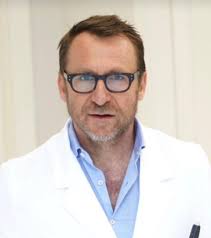
Lavorgna
Luigi Lavorgna
Medical director at the University Hospital Company of the University of Naples Federico II, director of NeuroDigit Spin-off, and currently holding a PhD in Neuroscience at the University of Luigi Vanvitelli. He is involved in research and treatment of different disorders, such as Multiple Sclerosis or Parkinson's disease, contributing to the development of innovative diagnostic and therapeutic approaches. In addition, he is professor of neurological rehabilitation.
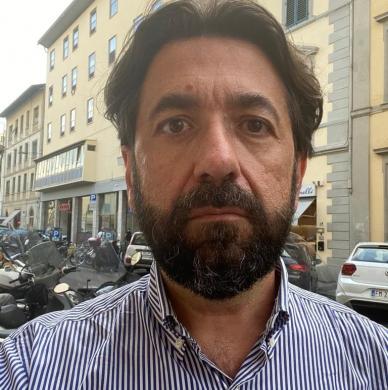
CREATOR: gd-jpeg v1.0 (using IJG JPEG v80), quality = 75
CREATOR: gd-jpeg v1.0 (using IJG JPEG v80), quality = 75
Silvestro Micera
Professor of Bioelectronics and Neural Engineering at Sant’Anna School. His research involves neuroengineering, bioelectronics, and rehabilitation technologies, developing wearable robotic devices for movement assistance, neuroprostheses with sensory feedback, and bioelectronic interfaces for neural stimulation.
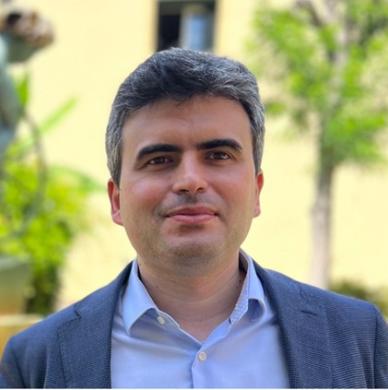
CREATOR: gd-jpeg v1.0 (using IJG JPEG v80), quality = 75
CREATOR: gd-jpeg v1.0 (using IJG JPEG v80), quality = 75
Calogero Maria Oddo
Associate professor of bioengineering at Sant’Anna School of Advanced Studies, where he leads the Neuro-Robotic Touch Laboratory. His research focuses on sensory mechanotransduction, artificial touch sensors, bionic limb prostheses, and neurorehabilitation.
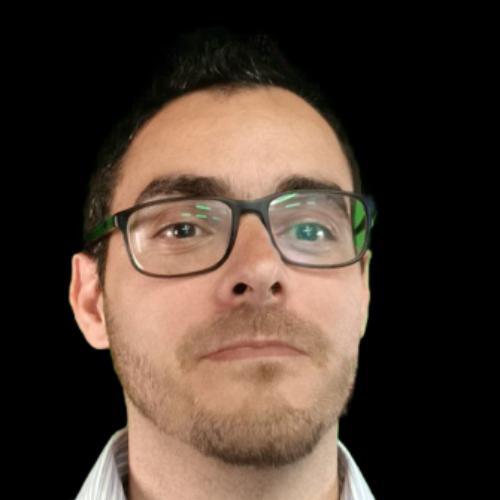
CREATOR: gd-jpeg v1.0 (using IJG JPEG v80), default quality
CREATOR: gd-jpeg v1.0 (using IJG JPEG v80), default quality
Carmine Recchiuto
ScuolAssociate professor at the Department of Computer Science, Bioengineering, Robotics and Systems Engineering of the University of Genoa. His research focuses on bipedal locomotion, haptic sensing, and humanoid robotics, contributing to the advancement of robotic perception and prosthetic technologies.a Medica Salernitana
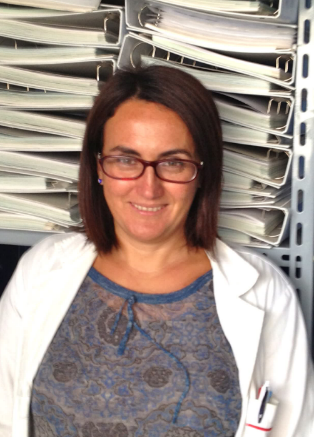
SalvTORE
Elena Salvatore
Professor in Rehabilitation Health Professions Science at the University of Naples “Federico II” and Director of the “Cognitive Disorders with Neurorehabilitation Address” UOC. Her main research topics concern the use of clinical-neuropsychological, molecular and morpho-functional biomarkers in the study of major neurodegenerative diseases, such as dementias and rare movement disorders (choreic syndromes, parkinsonisms, cerebellar ataxias and paraparesis).
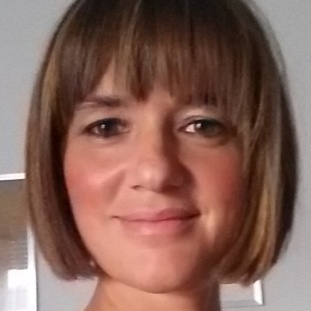
Trojsi
Francesca Troisi
Associate Professor of Neurology at the Department of Advanced Medical and Surgical Sciences of the University of Campania “Luigi Vanvitelli”. Her research is aimed at disorders such as motor neuron diseases, amyotrophic lateral sclerosis, Alzheimer's disease.
Hands-one:
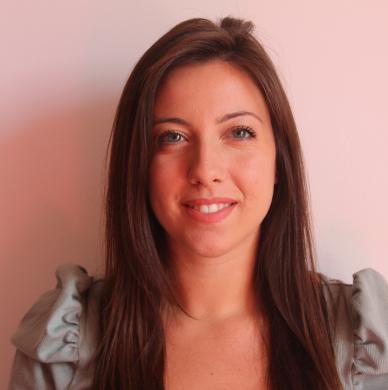
CREATOR: gd-jpeg v1.0 (using IJG JPEG v80), quality = 75
CREATOR: gd-jpeg v1.0 (using IJG JPEG v80), quality = 75
Sara Ballanti
Bio: PhD student in Biorobotics at Sant’Anna School of Advanced Studies. Her research focuses on neuroengineering, integrating robotics, neural signal processing, and medical diagnostics to advance rehabilitation and neuroprosthetic technologies.

CREATOR: gd-jpeg v1.0 (using IJG JPEG v80), quality = 75
CREATOR: gd-jpeg v1.0 (using IJG JPEG v80), quality = 75
Silvestro Micera
Professor of Bioelectronics and Neural Engineering at Sant’Anna School. His research involves neuroengineering, bioelectronics, and rehabilitation technologies, developing wearable robotic devices for movement assistance, neuroprostheses with sensory feedback, and bioelectronic interfaces for neural stimulation.

Lavorgna
Luigi Lavorgna
Medical director at the University Hospital Company of the University of Naples Federico II, director of NeuroDigit Spin-off, and currently holding a PhD in Neuroscience at the University of Luigi Vanvitelli. He is involved in research and treatment of different disorders, such as Multiple Sclerosis or Parkinson's disease, contributing to the development of innovative diagnostic and therapeutic approaches. In addition, he is professor of neurological rehabilitation.
TRAINING CREDITS
The activities can be recognized and quantified in terms of hours. All participants will receive a certificate of 42 hours of attendance
WHO SHOULD ATTEND
PhD students and professionals in neurology, psychology, physical medicine, biomedical engineering and health professions
REGISTRATION FEES
- € 350 Presence only (researcher, grant holder, scholarship holder, PhD student)
- € 400 Full* (research, grant holder, scholarship holder, PhD student)
- € 520 Full* (structured staff of other public or private
organisations)
*The full registration fee includes:
Daily Lunches;
Daily Coffee Breaks;
Two Dinners
Early bird Registration deadline:
April, 30
Registration deadline:
June, 15
NAPOLI:
PhD School on Neurodegeneration
Via Claudio, 21, Naples, Italy
The PhD School will take place in Naples, a city rich in history, culture, and breathtaking landscapes. The venue, located at Via Claudio 21, is easily accessible by public and private transportation, providing a convenient setting for all participants.
🚆 By Train:
From Napoli Centrale (main railway station), take Metro Line 2 towards Pozzuoli and get off at Campi Flegrei Station. The venue is a 10-minute walk from there.
Alternatively, taxis and buses are available outside the station.
✈️ By Plane:
The nearest airport is Naples International Airport (NAP - Capodichino), approximately 10 km from the venue.
From the airport, take the Alibus shuttle to Piazza Garibaldi (Napoli Centrale) and follow the train/metro instructions above.
Taxis and ride-sharing services (such as Uber or FreeNow) are also available.
🚌 By Bus:
Several city buses stop near Via Claudio, including bus lines 151, C1, and R7.
Check the official Naples public transport website (ANM Napoli) for real-time schedules.
🚗 By Car:
If you are driving, parking is available nearby, including paid parking lots close to Piazzale Tecchio and Via Claudio.
Naples offers a variety of accommodation options, from budget-friendly hotels to luxury stays. Recommended areas close to the venue include:
- Esedra palazzoesedra.it
€ 120,00/night - Best Western JFK https://www.hoteljfknapoli.it/it/contatti.aspx
€ 85,00/night
including taxes
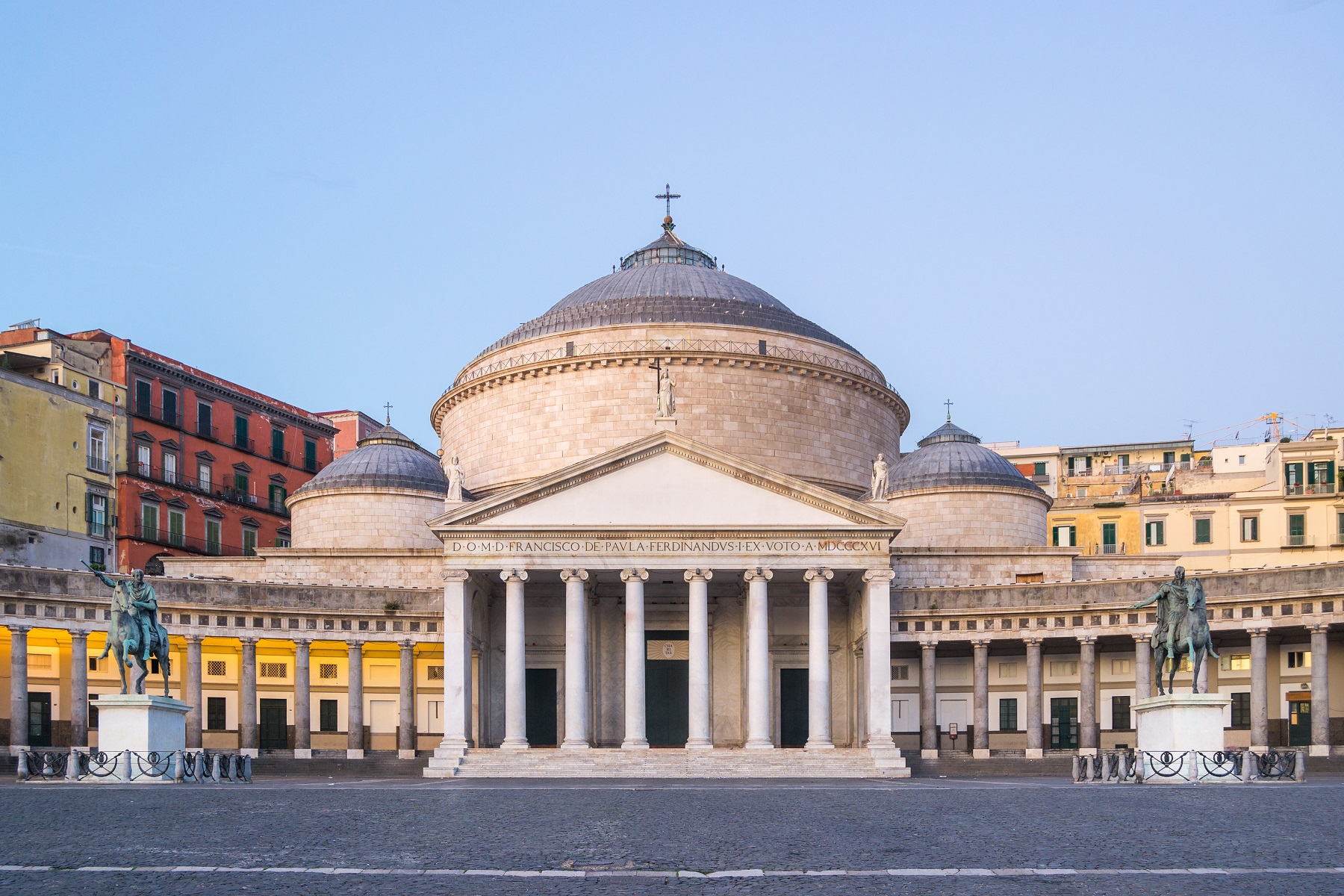
Piazza del Plebiscito a Naples
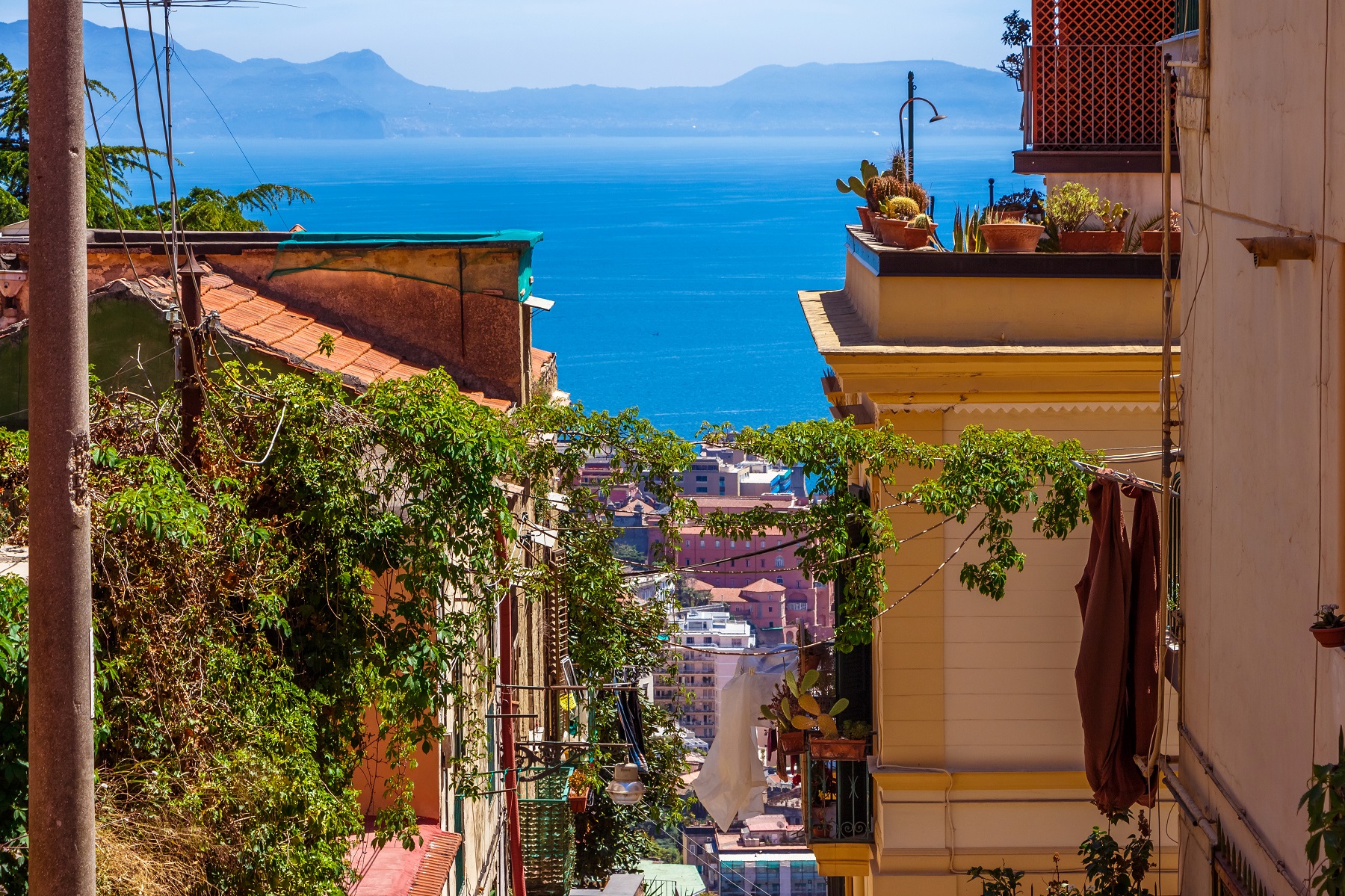
The,Neighborhood,Called,Quartieri,Spagnoli,In,Naples,,Italy.,Street,View
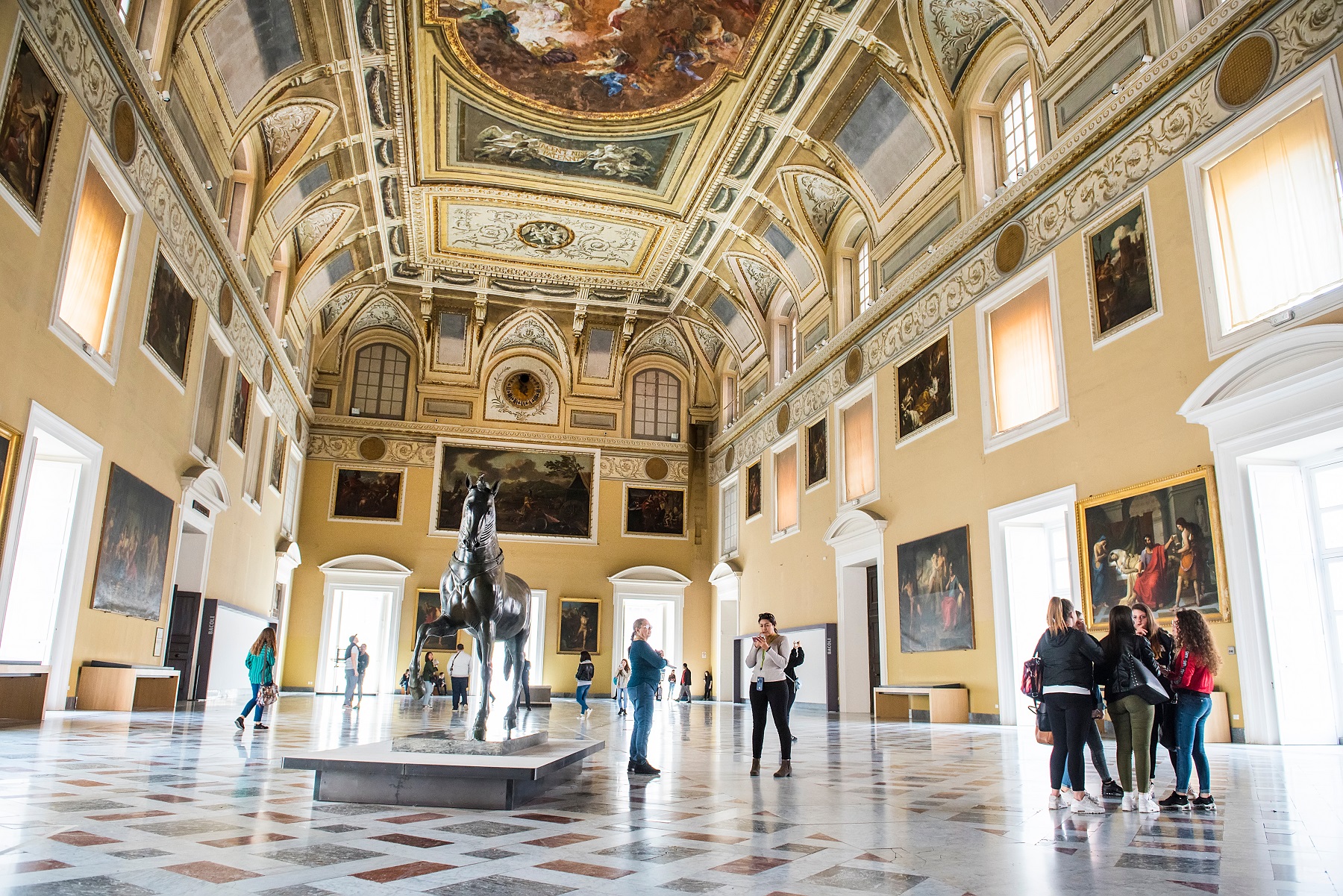
Naples,,Italy,-,April,18,,2018.,Visitors,Watch,The,Exhibits
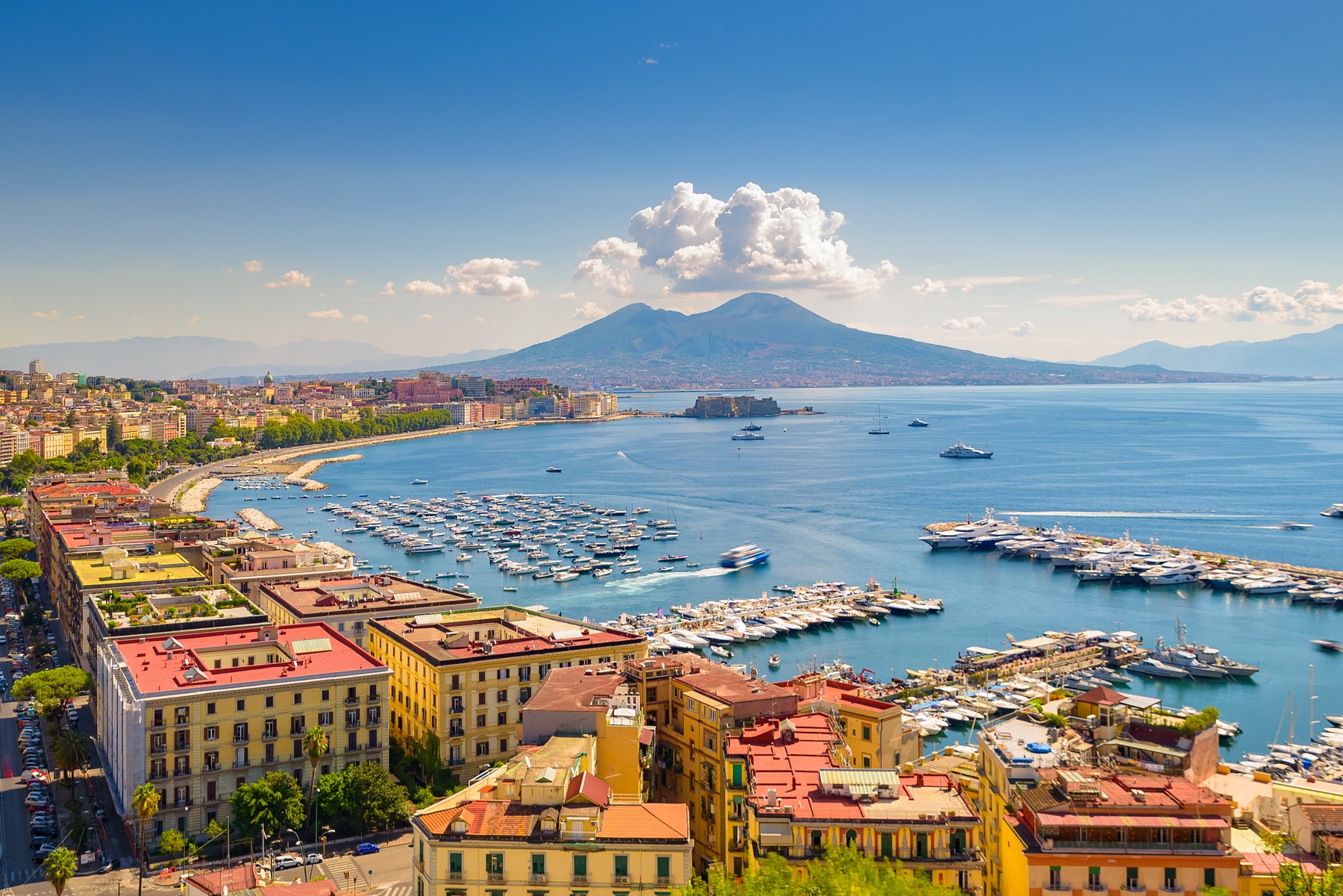
Naples,,Italy.,August,31,,2021.,View,Of,The,Gulf,Of
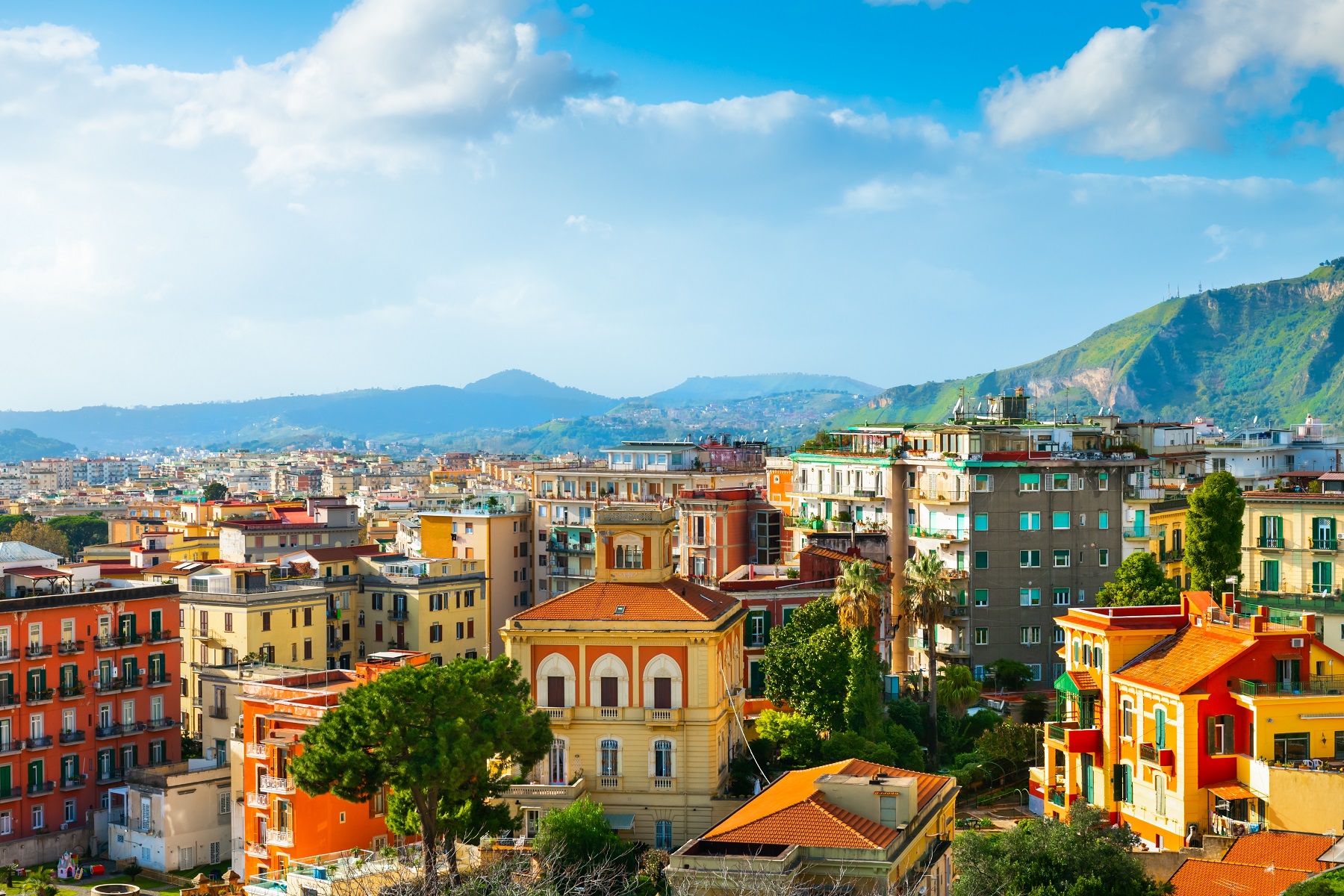
Colorful,Architecture,In,Naples,City,,Italy.,Summer,Cityscape,At,Sunset.
With the patronage of:

logo nuovo

sponsorship

Ist. Biorobotica
Sponsored by:

sponsors

sponsors2

sponsors3
Hub Life Science – Digital Health (LSH-DH) PNC-E3-2022-23683267 Progetto DHEAL-COM- finanziato dal Ministero della Salute nell’ambito del Piano Nazionale Complementare (PNC) al Piano Nazionale di Ripresa e Resilienza Ecosistema Innovativo della Salute – Codice univoco investimento: PNC-E.3